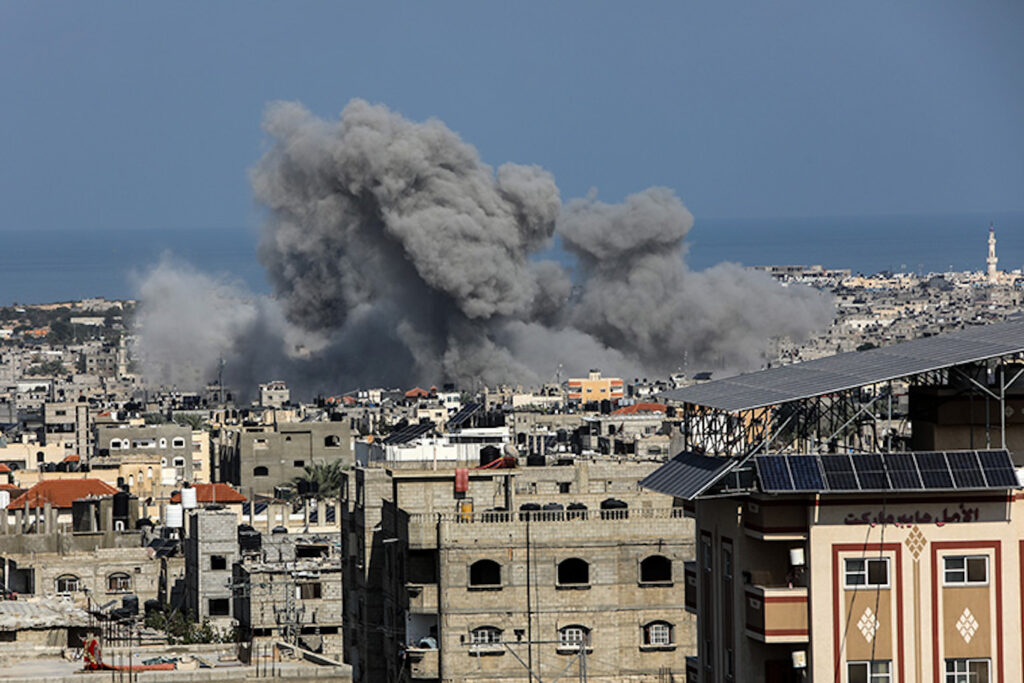Many questions remain following the unprecedented cross-border attack on Israel by Hamas militants on Oct. 7 that left more than 1,300 Israelis dead, 3,000 more injured. How did the militants plan and execute such an elaborate plan without tipping off the Israeli military? And what kind of outcomes, or what “end game,” did Hamas anticipate following these attacks?
It is important to emphasize that no one knows the exact calculations Hamas leaders made leading up to the attack. Even Iranian leaders, who have long been Hamas’ most important patron, appeared surprised by the timing and scope of attack, according to early intelligence reports. However, the attack’s timing followed a similar pattern to previous conflicts, according to David Carter, a professor of political science in Arts & Sciences at Washington University in St. Louis.

The timing of regime threats such as civil conflicts and coups d’ ́etats is the subject of a working paper by Carter and Ipek Ece Sener, a WashU PhD candidate. According to Carter and Sener, these conflicts are more likely to occur during times when regional and global power dynamics are in flux, and/or powerful states are embroiled in other ongoing crises. Previous research by Carter also found a connection between border disputes and periods of global instability.
“We argue that episodes of instability among great powers ripples through the international system and foments violent threats to rule and the escalation of civil conflict by less powerful actors,” Carter said. “During periods of systemic stability, powerful states actively maintain influence over allied political factions in states within their sphere of influence, providing financial and security assistance.
“However, during times of instability and crisis, they reduce engagement in the internal politics of less powerful states, which provides an opening for violent challenges from regime opponents.”
Instability around the world and closer to home was likely a factor in Hamas’ calculations, Carter said. For starters, Russia’s war in Ukraine has dominated the focus and resources of many global leaders for the last 18 months. Hamas leaders may have anticipated that allies would be less capable of supporting Israel, Carter explained. This is especially an issue for many NATO allies, who likely view the threat from Russia as much more salient than that from actors like Hamas.
